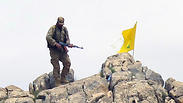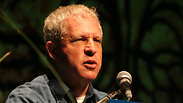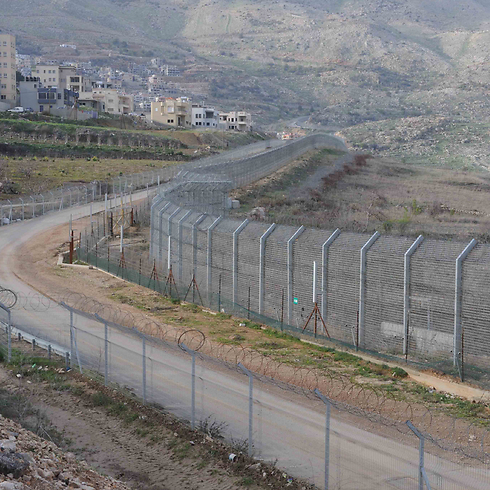


In its talks with Trump administration, Israel must focus on Syrian arena
Analysis: As part of the ‘winning camp’ in the civil war in Syria, Iran and Hezbollah are trying to create a threatening presence on Israel’s northern border. At the moment, this is the most important and urgent issue requiring America’s support.
It’s important, however, to distinguish between real changes and routine incidents, and it’s even more important to stress the things that can be influenced. In this context, four arenas should be addressed: Judea and Samaria, Gaza, Lebanon and Syria.
Regarding Judea and Samaria, there is nothing new. The first quarter of 2017 was calmer than the first quarter of 2016, the “knife intifada” has dwindled, the Palestinian Authority is looking to Washington with new hope, and in the West Bank there doesn’t appear to be a critical mass supporting violent activity. Hamas would gladly carry out terror attacks from the West Bank, but there is nothing new in that. Gaza, however, is a different situation.
The difficult economic and humanitarian reality in Gaza weakens both Hamas’s will and its ability to prevent “rebel” organizations from firing rockets. The problem is not that the Israeli deterrence cultivated during Operation Protective Edge is wearing out, but that Israel is failing to advance the interest it shares with Hamas—a reconstruction of the Gaza Strip.
Immediately after Protective Edge, two fat cats were left to guard the cream: Egypt was supposed to lead an international conference on the strip’s reconstruction, while the money was supposed to be funneled to the Palestinian Authority. The absurdity is that the only two elements in the world that are not interested in the strip’s rehabilitation are these two.
The way to prevent another violent round is for Israel to encourage investments in Gaza's infrastructure. But Israel is doing the opposite, as for the past two years, Turkey has been seeking to (temporarily) solve the electricity crisis in Gaza through a boat that would serve as a sort of large generator. Israel objects.
The third arena is Lebanon, where Hezbollah is gaining confidence from being part of the “winning camp” in the war in Syria. The way to preserve deterrence requires Israel to make it clear that because Lebanon’s government and president have taken full responsibility for Hezbollah’s actions, if fire is opened at Israel from the Lebanon border it won’t lead to another war against Hezbollah like in 2006, but to an official war against the State of Lebanon. Since no one is interested in Lebanon’s destruction—neither Iran and Syria, nor Saudi Arabia, France and the US—this is the real deterrence. IDF Chief of Staff Gadi Eisenkot implied as much this week, though not with the required clarity.
The only real news is coming from Syria, and it is thoroughly alarming. The Assad-Hezbollah-Iran-Russia camp appears to be the winning side in the civil war. At this stage, each of the partners is attempting to gain the most from this situation. Iran and Hezbollah are trying to create a threatening presence on the Syrian border. The way to prevent this requires, in addition to open fire as a form of communication and starting an actual dialogue with Russia, is making it clear to the US that this is the most important issue where American support is needed.
Prime Minister Benjamin Netanyahu’s Chief of Staff Yoav Horowitz has reportedly traveled to Washington for talks on settlement construction. I doubt that the Trump administration is attentive to more than one message at the moment. And right now, sending a message against Iranian presence on our border with Syria is the most important and urgent item on our agenda.
Major-General (res.) Giora Eiland is a former head of Israel's National Security Council.
















